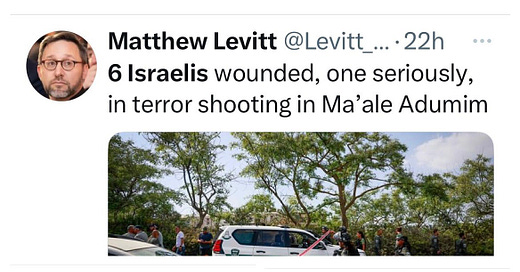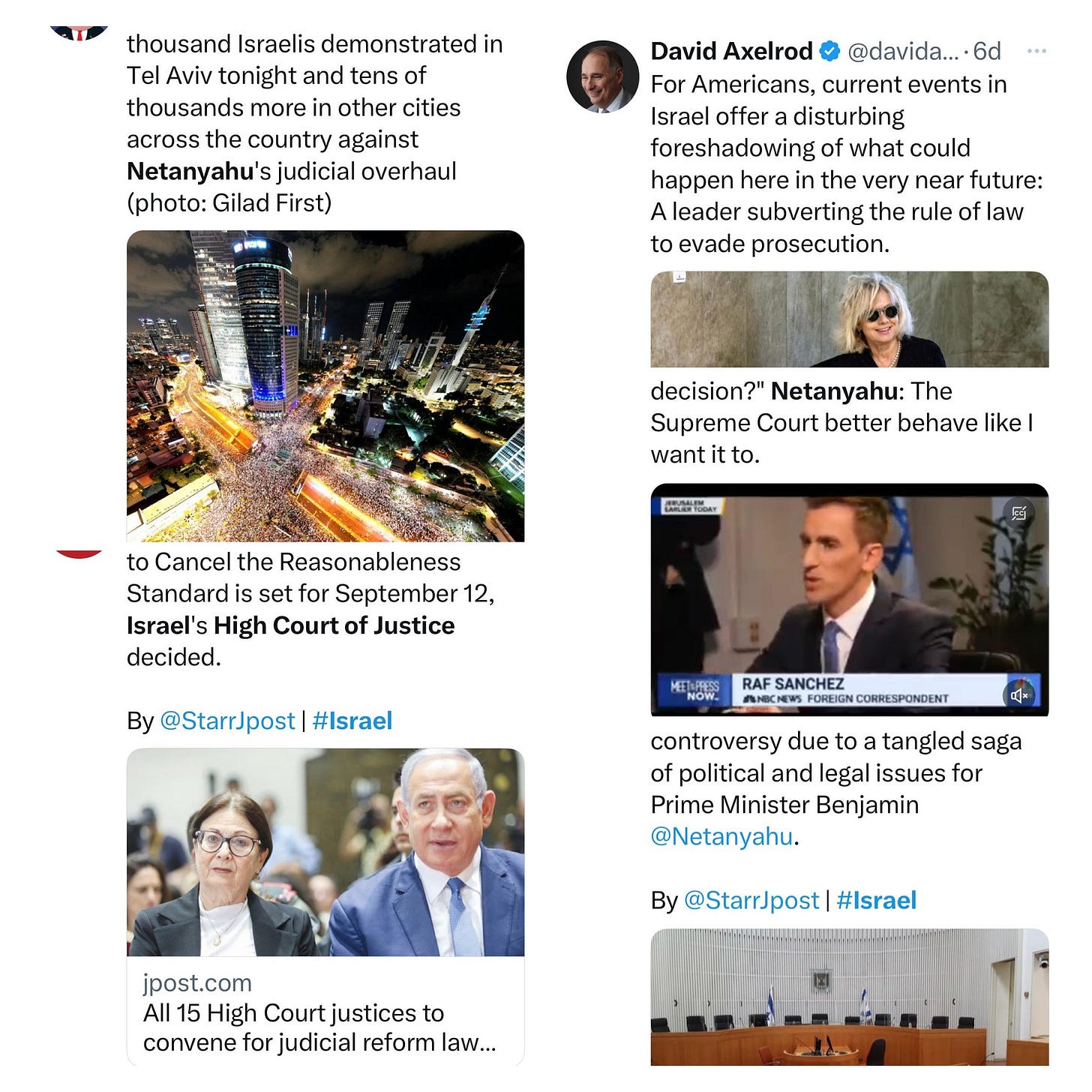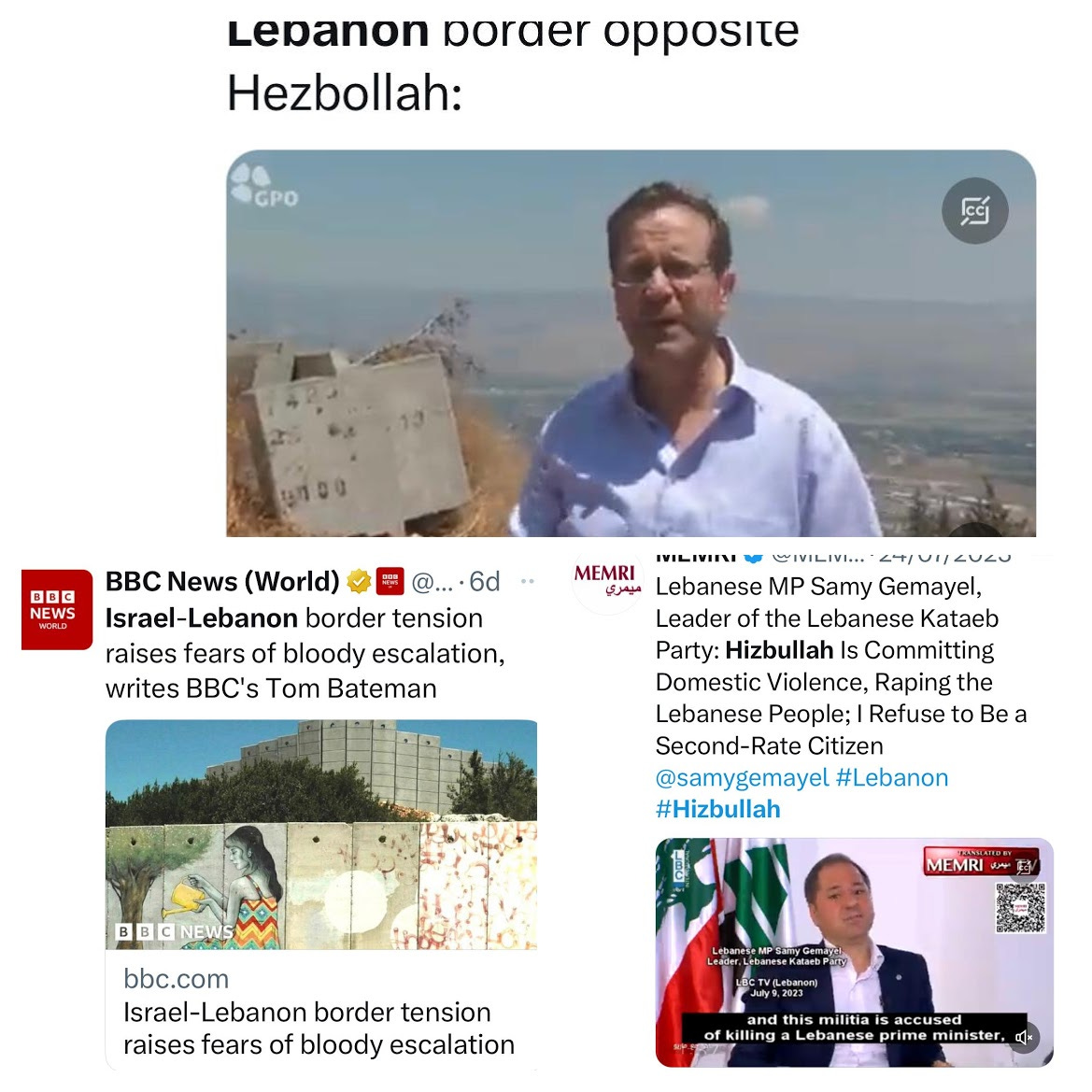Six People Were Injured in a Shooting by a Palestinian in a Settlement in the West Bank: A twenty year old Palestinian opened fire at a shopping center in the middle of the town Ma’aleh Adumim, a settlement seven kilometers (4.3 miles) East of Jerusalem in the West Bank. Six Israelis were injured, one of them seriously, until a passerby, who works for the Israel Border Police (Magav), returned fire, killed him and stopped him from continuing to shoot.
This initiated a lively discussion, some politicians from the coalition directly attacked the IDF (Israel Defense Force) general in charge of the West Bank, accusing him of favoring the Palestinians.
The majority of the Palestinians live in the West Bank. Most of them in the areas controlled by the Palestinian Authority, some of them in areas under direct control of Israeli military jurisdiction. Palestinians who want to work in Israel or in the settlements need a special permit, and have to pass through extensive scrutiny from the Shin Bet. The shooter had a work permit and started working at the settlement only two weeks ago.
MKs (members of Knesset) claimed that the IDF general prefers to address the needs of the Palestinians and grant them freedom of movement that puts the security of the Jewish Israeli settlers lower on his agenda. These attacks generated another debate, in which the minister of defense had to support his general responsible for the West Bank. These accusations are another step in the already polarized debate.
In the Shadow of the Judicial Overhaul, a Busy Week for the High Court of Justice: earlier this week, the high court of justice struck down the “Tiberias Law”, designed to pave the way for a Shas party candidate, close to the party leader Aryeh Deri, to run for office as mayor of the city of Tiberias, on the Sea of Galilee. The panel of nine judges ruled that the law was tailored to serve the interests of a particular candidate, and hence should not be applied in the upcoming local elections, scheduled for October 31st.
Also, this week, a panel of three supreme court justices heard petitions against the Basic Law designed to prevent the Attorney General from declaring PM Netanyahu unfit for office. The panel said that the law is highly personal in nature and indicated a need for judicial review in such cases. Several Likud party ministers said, in media interviews, that the high court of justice should not weigh in on basic laws enacted by the legislature, and referred to the high court justices as “enemies of democracy”, and “vigilantes in suits”, thus sending an overt threat to the justices that they will not respect their decision, should they rule in favor of the petitioners.
The high court also set a September date to discuss several petitions against the basic law, passed last week by the Knesset, to cancel the reasonableness doctrine. The petitions will be heard by a full panel of fifteen supreme court justices. Petitioners claim that the cancelation of the reasonableness doctrine in a basic law constitutes “ill use of the formative authority of the Knesset”, and that “without judges, the law itself is defunct, as well as the duty to act and exercise authority in a reasonable manner.” In interviews to the media, PM Netanyahu sent a covert threat to the supreme court, saying that to date, the supreme court has not intervened in basic law legislation. He also did not declare unequivocally that he will respect the court decision, should it rule in favor of the petitioners.
Knesset Spring Session Ends, As Anti Judicial Overhaul Protests Continue: the Knesset will reconvene for the fall session on October 15th, 2023. As protests against the judicial overhaul continue, even while the Knesset in in recess, several Likud party members have spoken up, and said that from now on, they will only support legislation achieved through broad public support. Yuli Edelstein (Likud), former speaker of the Knesset and current chair of the Knesset foreign affairs committee, said that he “may have fallen asleep at the wheel” and further stated that he has reservations about continuing with the judicial overhaul legislation.
Yair Lapid, chair of the Yesh Atid party and head of the opposition, demanded a freeze on judicial overhaul legislation for eighteen months, as a condition for resuming negotiations towards reaching broad agreement on the judicial overhaul legislation. Yesh Atid party also joined the petitions to the high court of justice against the cancelation of the reasonableness doctrine. Leaders of the protest movement criticized Lapid for his willingness to resume negotiations, given the coalition’s push to accelerate legislation before the Knesset summer break.
As the rift between supporters of and objectors to the judicial overhaul becomes wider and deeper, more and more voices call for dialogue. Several grassroots and civic initiatives have emerged with far-right law makers posting on social media calling for dialogue and reconnecting with that which is jointly shared between the multiple parties. For the most part, leaders and activists of the protests against the judicial overhaul are suspicious of such initiatives, while people in the center voice their support for dialogue and the need to avoid a deeper societal rift.
Escalation and Growing Tension Between Israel and Lebanese Islamic movement Hizbollah: Hizbollah, an extremist Islamic political movement, which is defined as a terrorist movement by most of the Western world, based in Lebanon, and mainly found in the capital Beirut. Its leader Hassan Nassrallah threatened Israel earlier this week. Some of the operators of the organization erected a tent on the northern border with Israel, inside what is considered to be Israeli sovereign territory. Israel has done nothing yet, trying not to escalate the situation and not to be dragged into a live violent confrontation with Hizbollah. This escalation has to be seen in the context of hundreds of reserve soldiers who have already announced that they will not continue to volunteer for duty if called. Israeli military power is based on two pillars, the mandatory draft for all 18 year olds, boys and girls alike for 24-36 months, and on the reservists, people who served in the army in different units, and are called for training a few times a year, for long periods of time. Military pilots volunteer for training more often in order to keep their readiness up to date. Many have already announced that they will no longer volunteer, and the consequence is that the Air Force will shortly loose its’ strategic and operational advantage. This is deeply concerning for the heads of the IDF and the minister of defense.
A Scandal Over an Opinion expressed in an Extreme Right Wing Media Outlet, Channel 14: A panelist at Channel 14, said in a debate that Israel has to free Yigal Amir, PM Rabin’s assassin in November 1995. Amir opposed Rabin’s policy, mainly the Oslo accords which recognized the Palestinians and its’ leader Yasser Arafat as the representatives of the Palestinian people, and decided to change the course of history by assassinating the Prime Minister. Amir was sentenced to life in prison without parole.
The expressed opinion received applause from the studio audience. Channel 14 is considered an extreme right-wing supporter and often its’ panelists and presenters use incitement and present fake news.
The CEO of channel 14 decided to fire the panelist.
The opinion, to free Yigal Amir, caused a scandal and some leading corporations decided to withdraw their advertising from Channel 14. The first company to announce a halt of advertising is the international food company Strauss.
It is important to state, in this context, that Channel 14 (similar to the American Fox News channel) is an open supporter of PM Netanyahu, his government and his leadership. Netanyahu, since his re-election to office seven months ago, has not given interviews to any Hebrew speaking media outlet, except for Channel 14.
For Further Reading:
Terrorist attack: Here, here, here, here
Supreme court: Here, here, here, here, here
Knesset: Here, here, here, here








